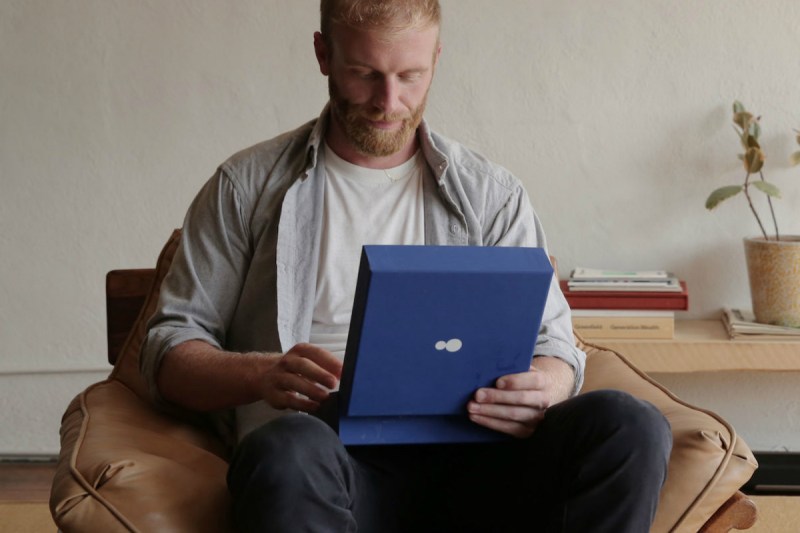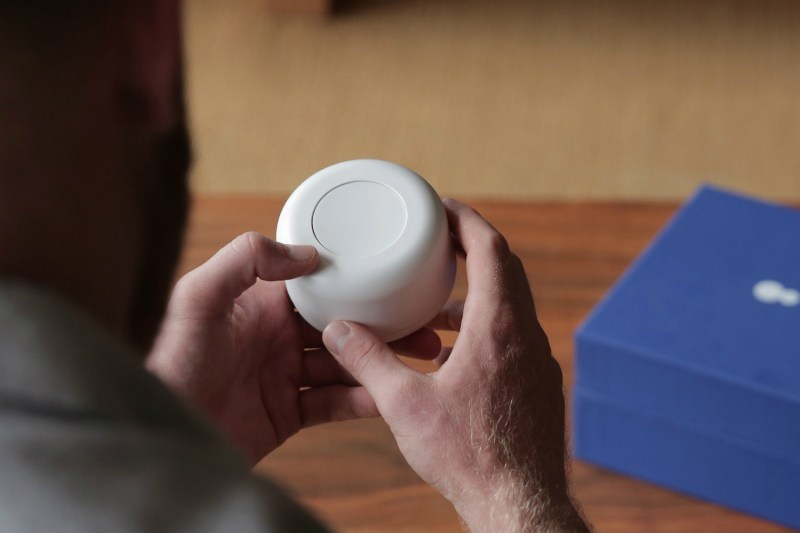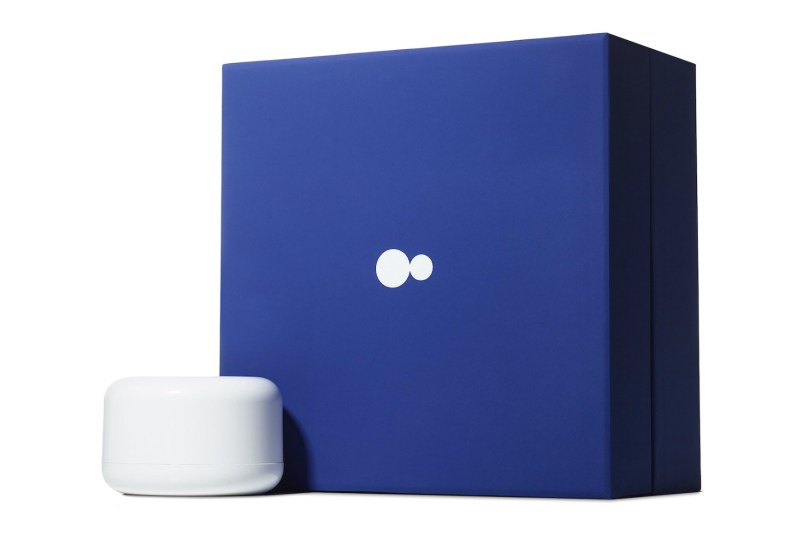
Like in any good summer blockbuster, apparently it’s the end of the world. Or at least humankind as we know it. No, seriously: according to a 2017 study for Human Reproduction Update, sperm counts are dropping throughout the Western world. Is it the tighty-whities? Keto diets? Global warming? The Mueller Report? Nobody knows for sure, but it really is something to worry about because millennial men are half as fertile as their fathers.
Enter real life superheroes Tom Smith and Dr. Michael Eisenberg. They’ve collaborated on a device that may just make the difference for all of us, and it’s called Dadi.
A few years ago a buddy of Smith’s sent him a text that they must hang out…”No, really, like we have to hang out,” says Smith. “When his wife called me later to be sure that we were, in fact, going to meet up, I knew something was up. Turned out that he had late-stage cancer and really needed the support of his friends. He knew then, that if all else worked out, between surgery and chemo, most likely he’d be rendered infertile by the end of it.”
Smith’s friend is fine now, but his swimmers? Not so much.
Thankfully, he had the foresight to work with a fertility doctor to store his sperm ahead of time so he and his wife could still have a family. As he shared that experience with Smith, though, he complained about the uncomfortable environment where he was expected to make his … ahem … deposit.
“It’s a completely foreign environment, not to mention the fact that this guy had enough on his mind with having cancer,” Smith points out. “It’s also a very expensive procedure, so add that pressure to already mounting hospital bills.”
Smith was inspired to find a better way. He had worked in Silicon Valley for most of his career and was one of the founders of Imoji (the custom-sticker app that was later acquired by Giphy).
“Male fertility is in crisis. There’s a 50 percent reduction in sperm, on average,” says Smith. The Dadi website points out that, “There is a five-times longer time-to-pregnancy at age 40 than at age 25 due to male infertility.”

Dadi’s customers have also ranged in age from 17 to 69 years of age. “Any average man who is interested in long-term family planning should be testing his fertility and storing sperm,” says Smith. “As we grow older, sperm count declines, and there are mutations.”
Eisenberg tells us that the oldest father on record is 96, so there’s always hope, but why risk it? “Millenials are starting families later and later. The average age of fatherhood forty years ago was 27, but has recently risen to 30 years old.”
More facts from the Dadi site? Men over the age of 40 have a decreased sperm count compared to men in their twenties. They are also more likely to pass on birth defects, neurocognitive disorders, and increase the risk of miscarriage.
Candidates for sperm storage not only include guys who might be fighting cancer like Smith’s friend, but also “guys who have risky jobs,” says Eisenberg. “We’ve seen astronauts, guys in the military, and police officers. There are also men who are planning to have vasectomies, men with fertility issues, and, of course, those who are undergoing gender transition.”
But why this? What’s wrong with saving sperm the “old-fashioned” way? “It’s about the sperm bank experience,” says Smith. We want to provide value-based privacy and security, as well as the highest medical standards.”
From a purely budgetary standpoint, working with a traditional doctor and sperm storage can be quite expensive, with storage alone costing $1,000 to $2,000 per year. Dadi’s $99 kit includes collection and a fertility report and, assuming the sample is viable, it is then stored for $100 a year.
As Eisenberg puts it, “a home-based solution reduces embarrassment and time…and is incredibly convenient.”
Dadi – The Kit

The process is super easy. Order the kit online. The temperature controlled kit is then delivered to your home. Just stick it in the fridge until the mood arises. The kit includes a small plastic jar that looks like it could hold your favorite shaving cream. Once you’ve loaded your secret sauce into the container, just screw it back together and press the lid to release the preservative. (P.S. While doing the deed, don’t use lube or anything else that might contaminate the sample.) Pack it up and ship it back to Dadi. Upon receipt, the company sends you a personalized fertility report and – you know you’ve always wanted this – a video of your sperm.
The deposit is then divided into three vials, providing three opportunities to fertilize an egg. When you decide it’s time, send an email to Dadi, and they’ll send your little treasures to the in vitro fertilization medical facility of your choice. Boom! Babies made.
Now that the survival of the species has been ensured, we can get on to other, more pressing matters, like resisting alien domination, fighting off giant monsters, and maybe doing something about those dropping fertility rates.
To ensure you have the best sample viable for Dadi, it’s crucial to have the healthiest sperm possible. Get some tips on how to keep your swimmers strong with our male fertility FAQs here.



